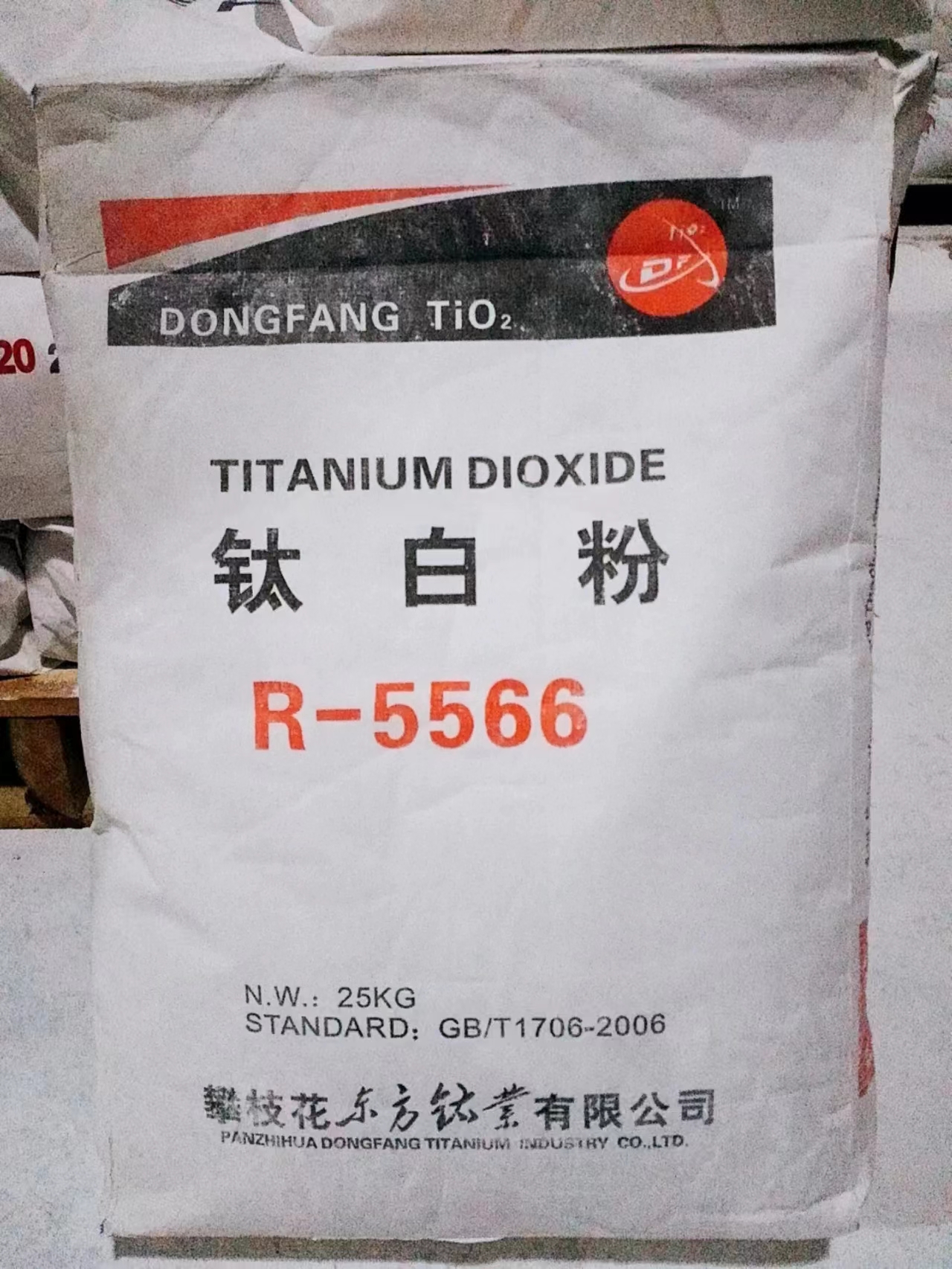...
2025-08-15 19:41
1193
...
2025-08-15 19:19
499
...
2025-08-15 19:18
2909
...
2025-08-15 19:05
1015
...
2025-08-15 18:48
1042
...
2025-08-15 18:26
872
...
2025-08-15 18:08
405
...
2025-08-15 18:00
1638
...
2025-08-15 17:47
2104
...
2025-08-15 17:42
2364
